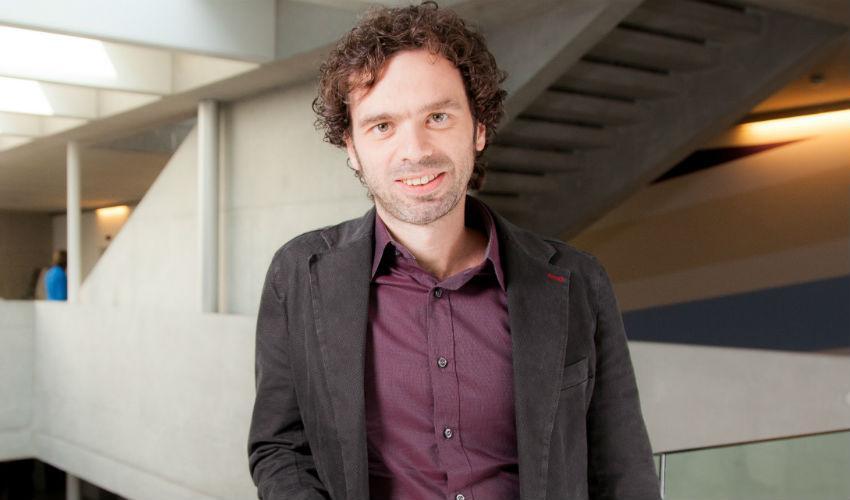
Bocconi Studies How Crime Hurts the Economy
PROFESSOR PAOLO PINOTTI'S ASSOCIATE PROFESSORSHIP IN ECONOMIC ANALYSIS OF CRIME, FINANCED BY AN INDIVIDUAL WHO HAS CHOSEN TO REMAIN ANONYMOUS, WAS INAUGURATED YESTERDAY. TWO CASES DEMONSTRATE THE NEGATIVE EFFECTS OF ORGANIZED CRIME ON DEVELOPMENTThe causal relationship between the presence of organized crime in a territory and lower levels of per capita GDP and higher rates of unemployment can be scientifically proven, as Professor Paolo Pinotti showed during the Lectio Inauguralis of his Associate Professorship in Economic Analysis of Crime, a chair for associate professor funded by a private individual who chose to remain anonymous.
Prof. Pinotti first analyzed the case of Puglia, a region of Southern Italy. Until the mid-1970s, the region was considered a virtuous example, with a fast-growing economy and crime rates in line with those of the Centre-North. This was then followed by a sort of colonization of the region by the Camorra and the 'Ndrangheta and the development of an autonomous mafia organization, the Sacra Corona Unita, which made it possible to isolate the impact of organized crime from other historical and geographical factors. «As it turns out, the advent of organized crime has led to a reduction of between 15 and 20% of regional GDP per capita over a period of 30 years», said Prof. Pinotti.
The analysis of the long-term effects of the forced resettlement of Mafia members outside their traditional area of operation (the so-called soggiorno obbligato) policy also leads to the same conclusions. A policy aimed at breaking the ties of criminals with the criminal organizations has, in reality, sparked the expansion of organized crime in Northern areas. «In the following decades», Prof. Pinotti said, «the destination municipalities were characterized by a greater presence of organized crime, a greater incidence of corruption and a higher rate of unemployment».
The growth of corruption and the replacement of private investments with less productive public investments are the channels through which organized crime negatively affects the economy. In addition to corruption, criminal organizations also make a strategic use of violence. Analyses show that intimidation of politicians and administrators intensifies in the run-up to the elections and in proportion to the uncertainty of their outcome.
Finally, the analysis of the functioning of public contracts shows that the award procedures which guarantee greater discretion to politicians and local administrators entail a greater risk of awarding to suspect companies in places where the criminal presence is widespread, while they have the beneficial effect of shortening the times in the areas free from infiltration.
During the inauguration, two other Bocconi initiatives related to the economic analysis of crime were presented: CLEAN (Crime: Law and Economic Analysis), a research unit of the Baffi Carefin Centre, and a new course on the subject, Economic Analysis of Crime, available from the second half of this academic year.
by Fabio Todesco
